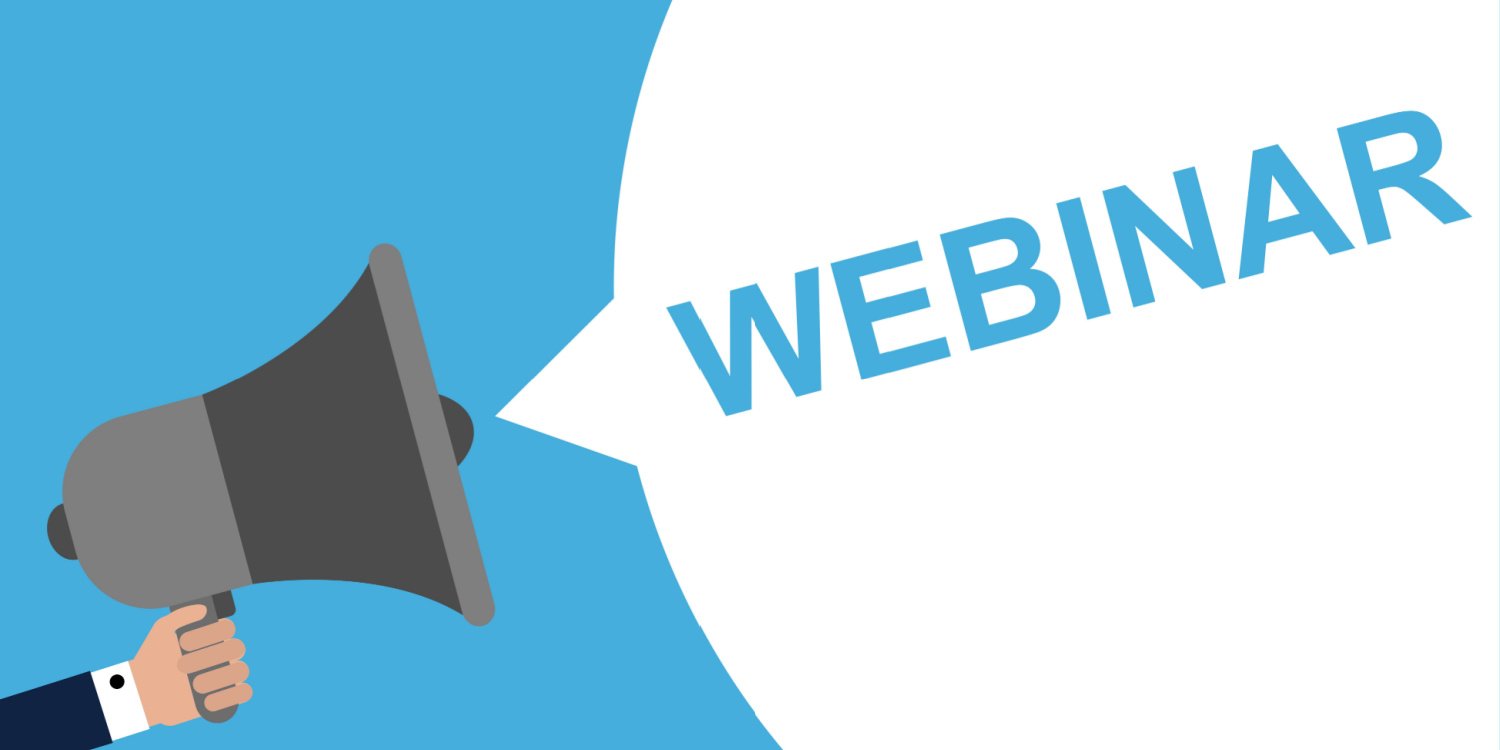

Most companies use less than 50% of Kronos Workforce Management software functionality. In fact, since the year 2015, organizations in the United States wasted $30 billion — yes, billion — on unused or under-used software. The global average came to 37 percent of software unused per company. The cost: $259 per desktop. There are even more staggering statistics, including the fact that over a quarter of software deployed by organizations is unused or rarely used. Studies show that organizations do not have processes in place to accurately manage and utilize software assets. If software is not implemented or utilized properly, it can cost organizations hundreds and thousands of dollars.
So where do these hidden costs come from?
Lack of Alignment:
If there is a lack of alignment within an organization, unneeded software is often purchased. When a department outside of IT evaluates the purchase of software, they often look at what the software will provide them. The IT team, however, looks at how the software will function. A lack of alignment in these motives will create unused software or applications.
Lack of Communication Strategy:
Departments need to have a clear communication strategy laid out regarding WFM or any software purchases. "Companies buy software they don't need because of lack of communication and alignment between decision makers," says J. Lance Reese, chief operating officer at The LIMU Company. Ensuring clear purchase protocol between business departments and IT will help to ensure the highest level of ROI from software purchases.
How much is your WFM software really costing you?
How can your organization avoid the hidden costs of unused WFM software?
1. Evaluate
It is important to do a realistic evaluation of how your organization’s software and licenses are being used. A clear analysis of ownership and usage can help to reallocate or cut back on resources. Improvizations specializes in a specific type of evaluation called an Implementation Audit or Gap Analysis. Most organizations use less than 50% of Kronos WFM software functionality. Improvizations provides a process audit with a comparison of the actual usage of the system, revealing key areas of optimization and improvement available. Beyond best practices, an Implementation Audit with outside Kronos consultants can also provide overall organization project reconciliation and an action plan for increased ROI.
DOWNLOAD WHITE PAPER ON BENEFITS OF IMPLEMENTATION AUDIT
2. Delegate
Many businesses start using WFM software without a clear idea of the total cost of ownership. Real time management costs are often forgotten as the costs of purchasing and installing the software take precedent. Organizations often overlook the cost of using the software effectively. In order for WFM investments to translate into improved performance, it is necessary to delegate the responsibility of management and continual training. User adoption is a key aspect of real time management costs, as well-trained managers and employees are much more likely to use WFM software to its full potential. Make sure there are ample resources set aside to conduct training and maintain learning resources for both employees and managers understand their role in the upkeep and use of the software.
Would you benefit from a process that helps your organization verify your Kronos configuration and associated processes to ensure you are making the most of your Kronos application?
Learn more or click below to download The Case for Gap Analysis.




Comments